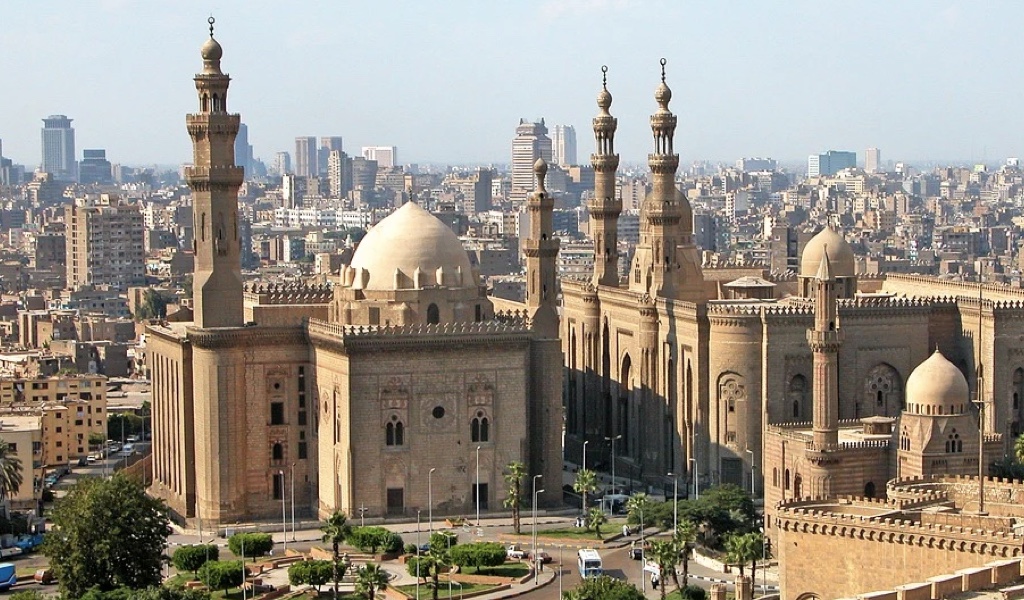As we edge closer to the last 10 nights of Ramadan, the Masjid will begin filling up again, and you may hear some protesting:
“Those Ramadan Muslims! They came to the Masjid during the first week of Ramadan only then to disappear soon after, and now they show up?!”
Such words are chilling signs of an inner illness that resides within the heart of such a person, an illness that can single-handedly ruin a lifetime’s worth of good deeds;
= Self-admiration.
Don’t put it past yourself. What is fasting, charity, recitation of Qur’an, prayer in congregation and a flawless Hijaab when tarnished with self-admiration? Even a trace of its poison is sufficient to tear down years worth of good deeds, hence our predecessors were afraid!
As for Abu Bakr, the number one companion, the closest to the Prophet PBUH and one who’d been promised paradise during his very lifetime over and over again, he would say:
لوددت أني كنت شعرة في جنب عبد مؤمن
“I wish that I was a strand of hair found on the body of a righteous believer.”
As for ‘Abdullah Ibnu Mas’ood, he once noticed how people would gather around him in order to enjoy his scholarly presence, so he said to them:
لو تعلمون بعيوبي ما تبعني منكم رجلان؛ ولوددت أني دعيت عبد الله بن روثة وأن الله غفر لي ذنباً من ذنوبي
“If you knew of my faults, not even two of you would walk next to me. In fact, I wish that my nickname in life could be ‘Abdullah son of filth if it meant that Allah would erase just one of my many sins.”
As for Imam Ahmad, it was said to him, “There are so many people who are making Du’aah for you!” Upon hearing this, his eyes flooded with tears and said:
أخاف أن يكون هذا استدراجا
“I am afraid that this is me being baited to destruction.”
He also once heard someone say to him, “May Allah reward you for everything that you’ve done for Islam” to which he responded:
بل جزى الله الإسلام عني خيرا، من أنا؟ وما أنا؟
“Rather, may Allah reward Islam for what it has done for me! Who am I? What am I?”
As for As-Sariy As-Saqati, he said: “I do not wish to be buried in a location that people know of.” They asked him why this is, to which he responded:
أخاف أن لا يقبلني قبري فَأُفْتَضَح
“I fear that my grave will refuse to accept my corpse and thus I will be humiliated”
As for Malik Ibnu Dinar, he said:
لو أن مناديًا ينادي بباب المسجد: ليخرج شركم رجلاً، والله ما كان أحد يسبقني إلى الباب إلا رجلاً بفضل قوة أو سعي
“If a caller was to call out from the door of the Mosque, saying: ‘Let the worst one of you leave’ no one would be quicker to leave the Mosque than me with the exception to those who are stronger or faster than I am.’”
As for Imam Ibnu Taymiyya, his student – Ibnul Qayyim – would frequently hear him saying:
ما لي شيء ، ولا منّي شيء ، ولا فيَّ شيء
“I have nothing. I have done nothing. I am nothing.”
When people would praise Ibnu Taymiyyah, he would say:
والله إني إلى الآن أجدِّد إسلامي كل وقت ، وما أسلمت بعد إسلاماً جيداً .
“By Allah, I am – till this very day – constantly renewing my Islam. I have not submitted to Allah correctly yet.”
As you can see, they cornered their self-admiration till it had no choice but to walk out from their lives, having realised that the self-impressed risk not being welcomed by paradise.
So, next time you hear yourself saying to you:
“Those Ramadan Muslims! Now they show up to the Masjid?!”
remember that Allah may end up pardoning their shortcomings but not your arrogance.
Subscribe for Updates
Original content used with permission from:






